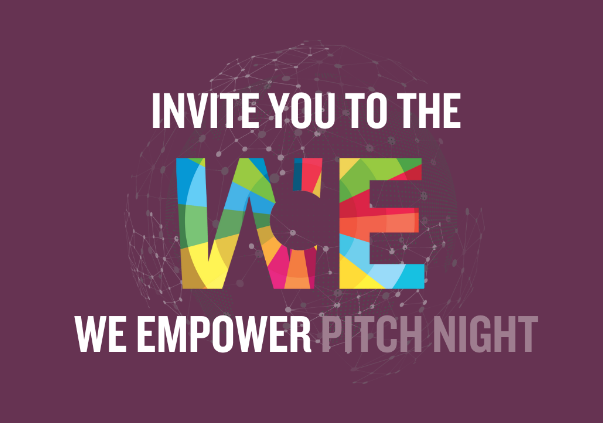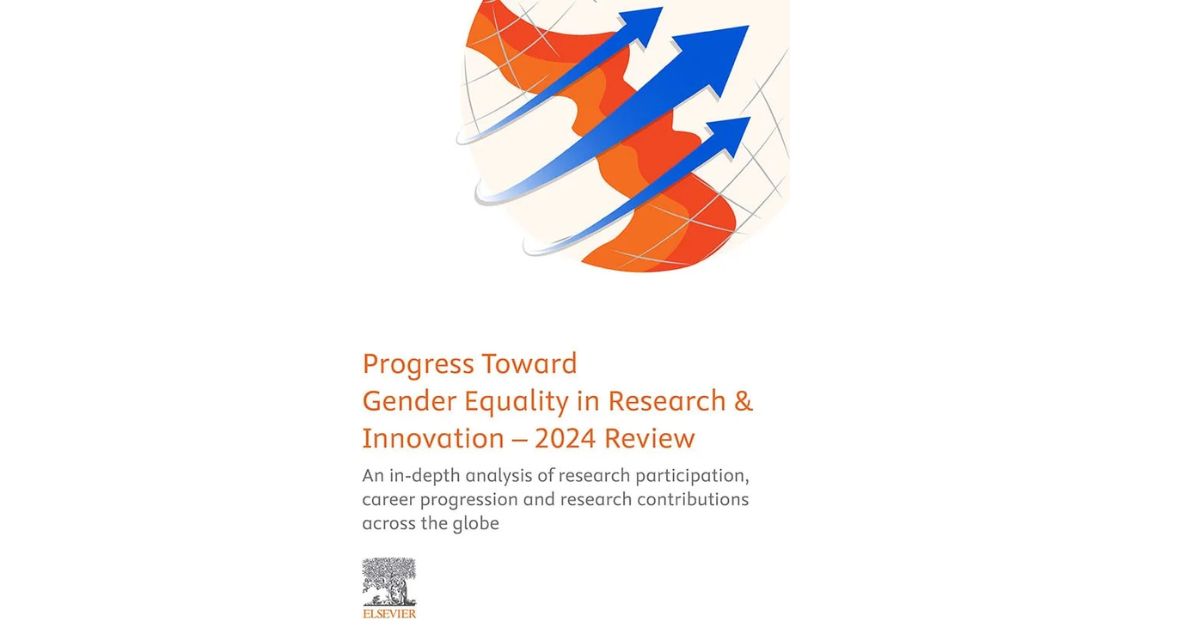Gender equality and women's empowerment play a vital role in achieving the Sustainable Development Goals (SDGs) outlined by the United Nations. Acknowledging the significance of SDG 5, which explicitly targets gender equality and the empowerment of all women and girls, it's worth noting that these elements are fundamentally tied to all 17 goals. Each goal, whether it pertains to poverty eradication, quality education, or climate action, is directly or indirectly affected by gender dynamics. Gender inequality inhibits economic growth (SDG 8) by depriving economies of the full potential of half its population, thereby exacerbating poverty (SDG 1) and hunger (SDG 2). Additionally, gender-based discrimination can limit access to quality education (SDG 4) and decent work (SDG 8) for women and girls, further perpetuating inequality. In health matters, gender roles and stereotypes often result in disparities in healthcare access and outcomes (SDG 3). With respect to environmental sustainability (SDGs 13, 14, and 15), women, particularly those in rural areas, bear the brunt of climate change impacts, but they also hold unique knowledge and skills crucial for mitigation and adaptation strategies. Likewise, women's underrepresentation in decision-making roles limits their influence on peace and justice (SDG 16) and partnerships for goals (SDG 17). Thus, achieving gender equality isn't only about justice for women and girls, but also about progress on every SDG. Women's empowerment creates a multiplier effect that boosts economic growth and promotes sustainable development, thereby setting a direct path towards achieving the SDGs. Encouragingly, concerted efforts worldwide are recognizing and amplifying women's roles in society, placing gender equality and women's empowerment at the heart of the SDGs. Such advancements signify a positive stride towards a balanced and equitable world.
On Wednesday 25th September 2024, the five 2024 WE Empower awardees will take part in the WE Empower SDG Challenge Pitch Night. Hosted by fashion designer, author and philanthropist, Diane Von Furstenberg, at her NYC studio, Pitch Night is a unique opportunity for five WE Empower awardees to share their innovative stories and solutions on a global stage and this year, RELX’s Chief Sustainability Officer and Global Head of ESG, Márcia Balisciano will be joining the esteemed panel of judges.
2026’s International Day of Rural Women: A Global Call to Support Women in Rural Areas
Celebrated every year on October 15, International Day of Rural Women is a global event that recognizes the vital role of women in rural areas and brings awareness to the unique challenges they face. From farmers and entrepreneurs to community leaders, rural women play an essential part in sustaining communities and advancing economic development. This day highlights their contributions while advocating for greater equality and support.
Resilient Health: Leveraging Technology and Social Innovations to Transform Healthcare for COVID-19 Recovery and Beyond, 2024, pp 1085-1098
Resilient Health: Leveraging Technology and Social Innovations to Transform Healthcare for COVID-19 Recovery and Beyond, 2024, pp 71-87
Elsevier's 2024 Gender Equality Study Reveals 20 Years Of Progress, But Challenges Remain For Women in Research And Innovation



